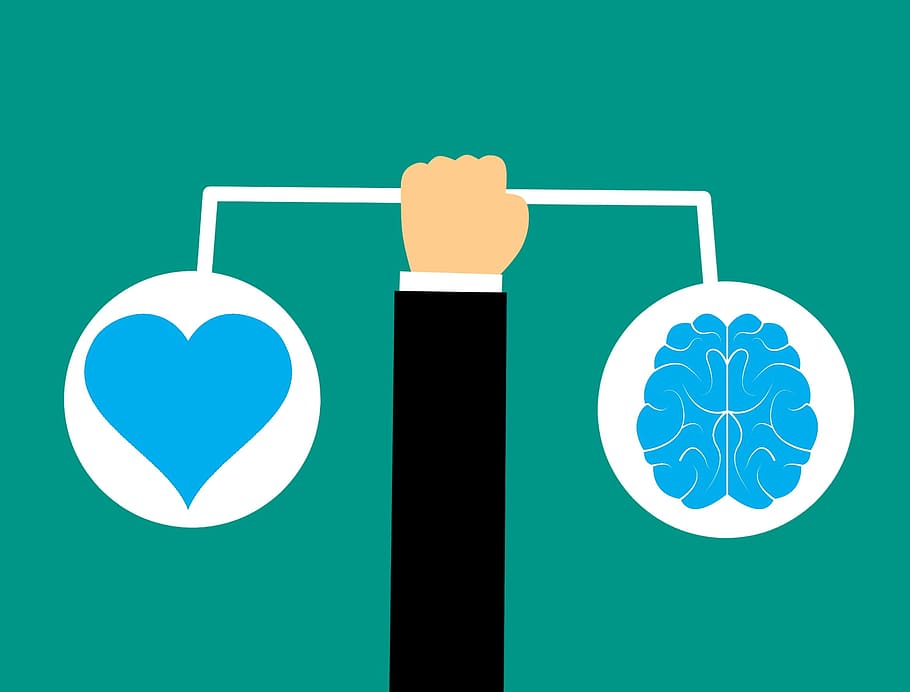
FAQ About Basics of Emotional Intelligence
What are some common myths about emotional intelligence?
Myth: Emotional intelligence is the same as being nice or overly emotional.
Reality: Emotional intelligence encompasses a broader set of skills than just being nice or emotionally expressive. It involves understanding and managing emotions effectively, demonstrating empathy, making informed decisions, and building strong relationships. It goes beyond mere politeness or outward displays of emotion.
Myth: Emotional intelligence is an innate trait, and you either have it or you don't.
Reality: While individuals may vary in their natural inclination towards emotional intelligence, it is not a fixed trait. EI can be learned, developed, and improved through self-awareness, practice, and acquiring new skills. It is a lifelong journey of growth and continuous improvement.
Myth: Emotional intelligence is a soft skill that is not as important as technical expertise.
Reality: Emotional intelligence is a critical skill set that complements technical expertise. It is vital in areas such as leadership, teamwork, communication, conflict resolution, and decision-making. Research has shown that EI is strongly correlated with success in various professional roles and contributes significantly to overall performance and well-being.
Myth: High emotional intelligence means always being happy and positive.
Reality: Emotional intelligence involves understanding and managing a wide range of emotions, both positive and negative. It is about recognizing, expressing, and regulating emotions appropriately in different situations. High EI individuals are not necessarily always happy or positive, but they are skilled at navigating and responding to their emotions and the emotions of others in a constructive manner.
Myth: Emotional intelligence can solve all workplace conflicts and challenges.
Reality: While emotional intelligence is valuable in conflict resolution and navigating workplace challenges, it is not a magic solution for all problems. It is one aspect of effective interpersonal skills and leadership. Other factors such as organizational culture, communication structures, and external circumstances also play important roles in addressing workplace issues.
Myth: Emotional intelligence is only relevant for personal relationships, not professional ones.
Reality: Emotional intelligence is crucial for both personal and professional relationships. In the workplace, EI helps in building trust, collaboration, and effective communication among colleagues and clients. It contributes to leadership effectiveness, teamwork, and creating a positive work environment.
Myth: Emotional intelligence is only about managing one's own emotions, not others'.
Reality: Emotional intelligence involves not only managing one's own emotions but also understanding and responding to the emotions of others. It includes empathy, active listening, and the ability to relate to and support others emotionally. High EI individuals are skilled at navigating interpersonal dynamics and adapting their behaviors to different emotional contexts.
